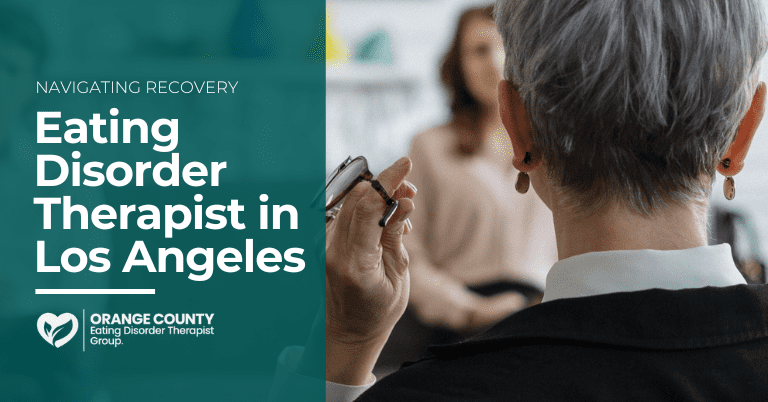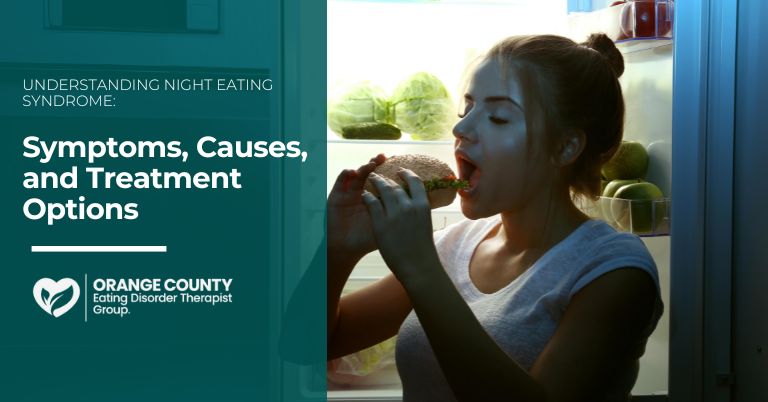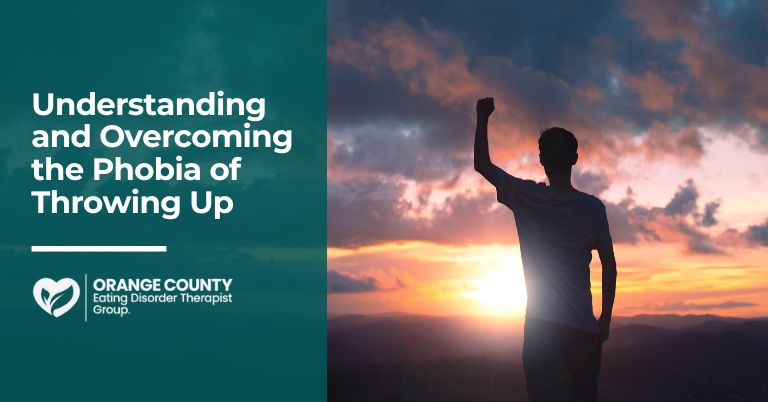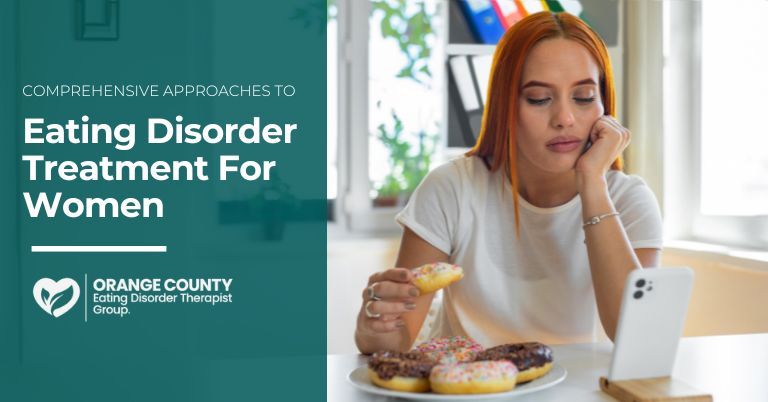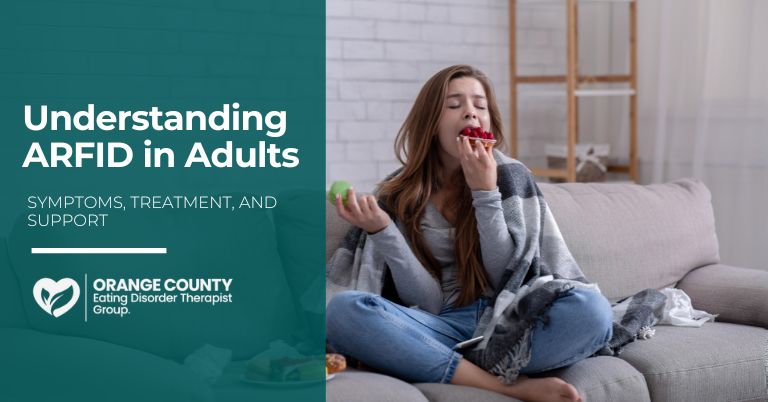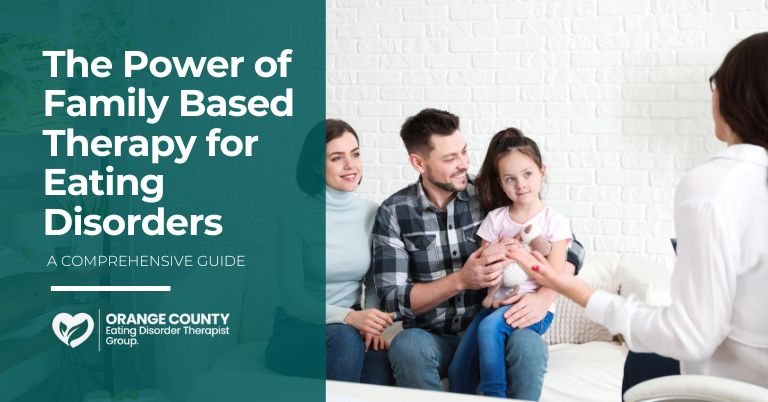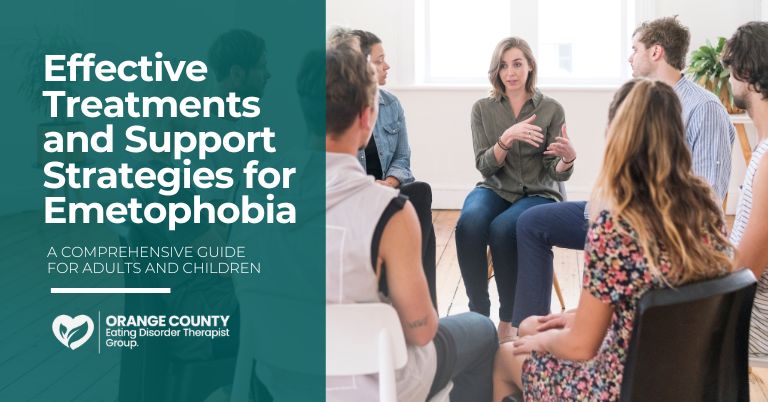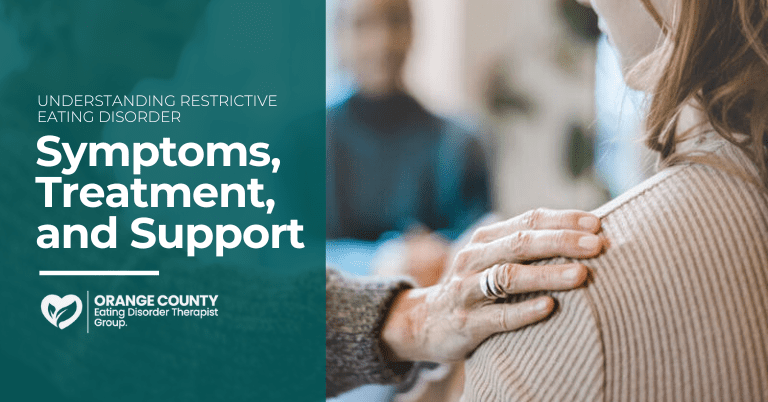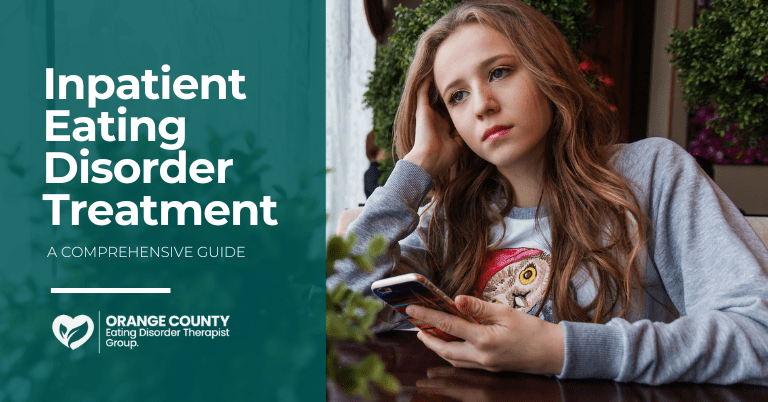Eating Disorder Therapist in Los Angeles
In the bustling city of Los Angeles, the pressures of everyday life can sometimes lead to or exacerbate eating disorders, which require specialized attention and care. An Eating Disorder Therapist in Los Angeles provides a supportive environment where individuals can work towards recovery with the help of professionals and peers facing similar challenges.
What Is an Eating Disorder Therapist Group?
An Eating Disorder Therapist in Los Angeles comprises multiple healthcare professionals who specialize in the treatment of eating disorders such as anorexia, bulimia, and binge eating disorder specialist. These groups offer a combination of therapy sessions, nutritional education, and sometimes medical treatment, all aimed at helping individuals recover in a supportive group setting.
Services Offered by Eating Disorder Therapist in Los Angeles
Group Therapy Sessions
- Peer Support: Allows members to share experiences and solutions, fostering a sense of community.
- Diverse Therapeutic Approaches: Incorporates various methodologies like Cognitive Behavioral Therapy (CBT), Dialectical Behavior Therapy (DBT), and more to address different aspects of eating disorders.
Individual Counseling
- Personalized Care: One-on-one sessions with an eating disorder therapist to address individual issues more deeply.
- Tailored Treatment Plans: Specific strategies designed to meet the unique recovery needs of each individual.
Nutritional Counseling
- Guidance from Eating Disorder Dietician: Professional advice on meal planning and healthy eating habits.
- Re-education on Nutritional Needs: Helps correct misconceptions about food and diet, crucial for recovery.
Additional Services
- Medical Monitoring: Regular health checks to manage the physical complications of eating disorders.
- Family Therapy: Involvement of family members to improve understanding and support at home.
The Role of Professionals in an Eating Disorder Therapist
- Expert Care: Specialists who are trained to diagnose and treat all types of eating disorders.
- Comprehensive Approach: They offer both psychological and physical health management strategies.
- Focused Therapy: Skilled in facilitating recovery through emotional and psychological support.
- Technique Integration: Utilizes various therapeutic techniques tailored to individual needs.
- Behavioral Management: Helps clients develop healthier eating behaviors and coping strategies.
- Emotional Support: Provides a safe space to express feelings and work through emotional triggers.
- Specialization: Ensure the group specializes in the type of eating disorder you or your loved one is dealing with.
- Approach to Treatment: Look for a group that uses evidence-based approaches and where the philosophy resonates with your personal beliefs.
- Location and Accessibility: Choose a location that is convenient to encourage regular attendance.
Conclusion
Eating disorder therapist groups in Los Angeles offer a comprehensive approach to treating eating disorders, providing medical, nutritional, and psychological support. These groups not only help individuals recover but also equip them with the tools to maintain long-term health and wellness.
If you or someone you know is struggling with an eating disorder, consider reaching out to one of these groups to start the journey toward recovery.
FAQs
1. What makes group therapy effective for eating disorder treatment?
Group therapy provides a supportive environment where individuals can share experiences and learn from each other, which enhances motivation and reduces feelings of isolation.
2. How often should I attend therapy sessions in a group setting?
This varies depending on the specific program and individual needs, but most therapy groups meet at least once a week.
3. Can I attend an eating disorder therapist group if I’m already seeing a private therapist?
Yes, many people find that combining individual therapy with group sessions leads to more comprehensive support.
4. What should I look for in an eating disorder dietician?
Look for a dietician who specializes in eating disorders, as they will have a deeper understanding of the challenges and nutritional needs associated with these conditions.
5. Is family involvement important in the treatment process?
Yes, involving family members can enhance understanding and provide additional support, which is vital for long-term recovery.

